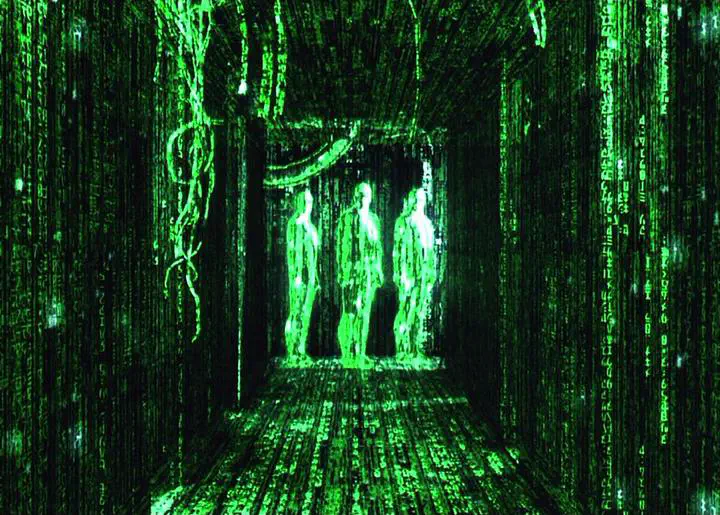What is Reality Bending?

As you know, reality bending is my primary research direction. However, it is not (yet) a well-established scientific topic, nor is it clearly defined. In fact, it is not defined at all, hence the purpose of this article.
But what does it refer too? Is it some kind of Avatar: The Last Airbender thing? Or some Avengers-style superpower? Well… I sure wish it was 😁
Essentially, reality bending refers to the study of the internal and external determinants of subjective reality. In other words, we seek to understand the processes that modulate our conscious experience of reality. The word “bending” encapsulates the active nature of the mechanisms at stake. Indeed, being anything but stable, our perception of reality can be quite easily influenced, whether voluntarily or not, sometimes to extreme degrees of alteration.

Reality benders seek to unravel the structure and mechanisms of the sense of reality by studying natural instances of its distortion, or by directly inducing them through a variety of means.
Objective and subjective determinants of the sense of reality
Let’s take for example a guy watching some episode of his favourite TV show, Friends. As he swiftly moves from laughing to snivelling, we can confidently say that he is fully immersed in the show. He feels like he’s present in the show, from which the fictional characters feel very real: for a moment, his brain processes the perceived experience almost as if it was real.
What leads to this high sense of reality? First, there are objective characteristics of the experience (or rather, of the external source of the experience), i.e., characteristics of the environment. Here, it’s a realistic stimulus displayed on a flat screen. But one could wonder what would happen if the sensory input was richer (imagine being physically IN the show by means of some super virtual reality setup), or poorer (the same story presented as comic strips with the characters portrayed as stick figures).
However, while such manipulations could indeed be used to manipulate our immersion, there is also a subjective component contributing to our sense of reality, related for instance to the affective response, attentional engagement, or self-relevance, that will cause a stimulus to strum unique strings in each individual, depending on his history and state of mind.
Tell me your reality and I’ll tell you who you are
The fact that the sense of reality is, in the end, a subjective experience, means that is is intrinsically connected to the Self (i.e., our physical and mental identity). As such, aside from studying how our sense of reality is influenced by external and internal factors, but also investigate the reverse relationship, i.e., how the variability of our sense of reality can inform us about oneself.
Note that, although the focus is the subjective aspect of reality, it doesn’t mean that we deny the existence, or downplay the importance, of objective reality. Stating that most of our experience is “made-up” (i.e., is a construction of the brain) does not equate absolute relativism (more on that in another post). Objective truths and facts do exist, and are essential to seek.
Altered states of consciousness
Naturally, states in which our sense of reality is distorted (as compared to the consensual collective experience) are of particular interest as models or study-cases of our ideas and theories. They include long-term affections (e.g., neuropsychiatric disorders such as schizophrenia) or transcient states (induced by psychoactive substances or specific practices like meditation and trance).
Thanks for reading! Don’t forget to join me on X @Dom_Makowski 🤗